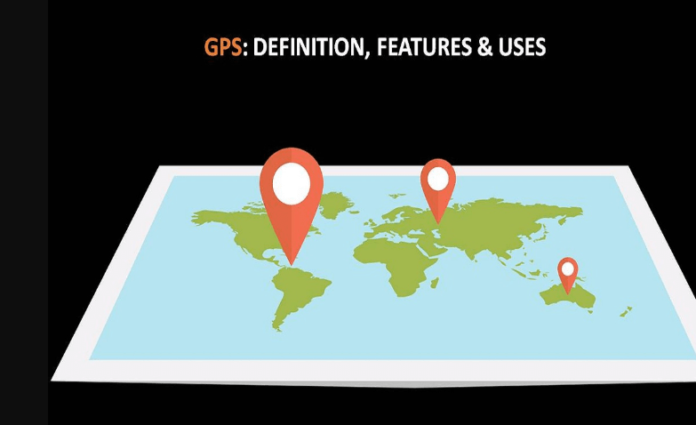A Global Positioning System is a navigational system using satellites to determine an accurate position, time and velocity for terrestrial, ocean, and air travel. The Global Positioning System (GPS) consists of a network of ground-based tracking devices and satellites which are all controlled by the U.S. Department of Defense. The Global Positioning System has enabled military and other emergency services to predict human movement, identify routes and allocate resources. The Global Positioning System also assists in disaster response by allowing emergency workers to locate rescue efforts and direct them to the right locations.
Global Positioning System signals can be sent by GPS receivers to personal computers, laptop computers or other portable devices to help users gain more information about where they are and how fast they are moving. Global Positioning System signals can also be transmitted via a Global Positioning System monitor to a ground station that receives the signals and transfers them to a computer running an application software program. The signals transmitted back and forth between the Global Positioning System satellites and earth-based GPS receivers are encrypted to prevent unauthorized transmissions. The encrypted data can only be decoded by trained eyes, preventing the potential enemy from intercepting it.
A Global Positioning System is an essential piece of equipment for anyone who makes their living operating a vehicle. With the Global Positioning System, drivers can know where their locations are and where they need to be going to reach their destinations. It can also help reduce traffic congestion by reducing traffic jams caused by traffic gridlock. In many cities around the world, new business ventures have been initiated by entrepreneurs who use the GPS receivers to locate key areas of interest within the city and then use the signals to advertise their businesses to attract more customers. Many airlines have also started offering cheaper tickets as a result of using the global positioning system on their airplanes.
If you are a business owner, you can use your Global Positioning System receiver to find out how your business is doing relative to other companies in your industry. For instance, if you notice that a company that offers your particular product or service is losing customers, you can use your GPS technology receiver to locate the customer within the next hour. You can also use the global positioning system to determine how your competitor’s are moving, so you can plan to be a step ahead of them and keep your customers happy. In addition to providing a wealth of useful information for consumers, GPS technology has helped medical researchers learn where exactly they should move next to help save lives. The technology is also aiding emergency medical services (EMS) workers who need to know exactly where they are in relation to hospitals and other resources to provide quality patient care.
If you are a farmer and want to know if your crop growing area is getting enough water, you can use the global positioning system to find out. As long as you have an earth-based GPS receiver that is programmed to receive and return accurate data, you will know whether to water your crops early or wait for the rain to come. This technology is also extremely useful for farmers and homeowners who want to know the direction in which a fire is burning or whether they can safely go a different way from their home.
Global Positioning System receivers are available in many different forms. These include dedicated earth-based receiver units such as the ones that are used by the U.S. Department of Defense and the military. They also come in the form of cell phones and laptop computers. A variety of accessory pieces are also available to attach to these devices, such as global positioning system antennas and data transceivers.
Also Read: What is a Network Security Key? – Definition, Features and Uses








